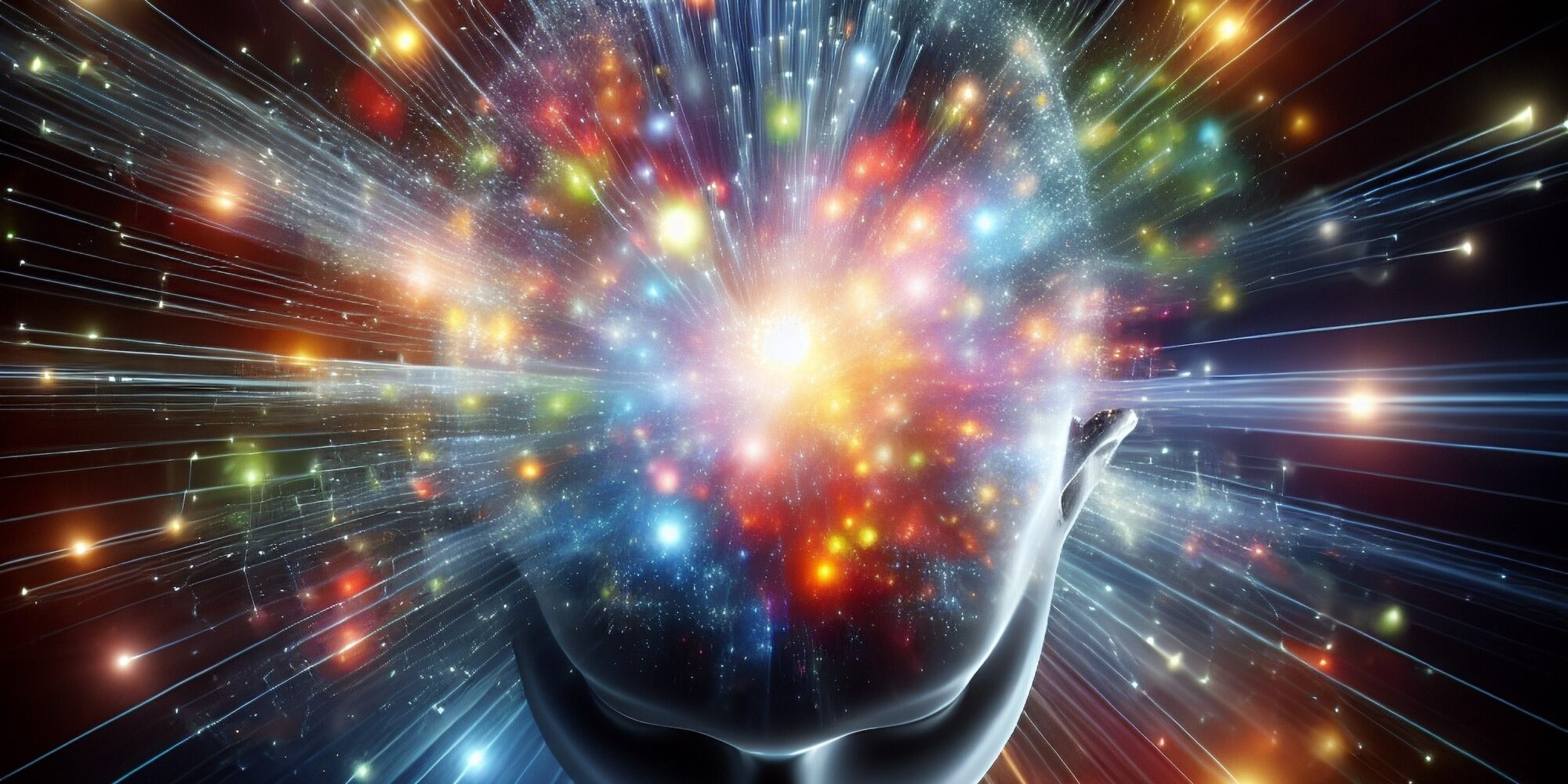Intelligence witnessed the Big Bang
Seeing | Philosophy | 2024-10-13

Could it be a coincidence that two founding fathers of modern day computing, independently from each other, are both coming with theories of consciousness that are idealist in nature? Or does a deep understanding of what computation is—and what it is not—inevitably lead away from physicalist ideas on consciousness?
Previously Essentia Foundation presented the work of Federico Faggin, and now a legendary contemporary of his, computer engineer Bill Mensch, presents his Theory of Embedded Intelligence (TEI) to us. Mensch was a major contributor to the Motorola 6800 and became famous for his work on the MOS Technology 6502 CPU, a chip that, because of it’s efficiency, completely revolutionized computing in the 80’s. From Arcade halls to the Apple II and Nintendo 8 bit consoles, 6502s could be found everywhere. Even to this day the chip is still used in children’s toys and even in pacemakers and satellites.
Looking back at his career, Mensch realizes that building computer chips is in essence a form of ‘embedding’ intelligence in technology, just as nature has embedded intelligence in biological systems, like humans. In his TEI model intelligence is fundamental. This raises the philosophical question of how consciousness relates to intelligence, and for this reason Bernardo Kastrup joined in on the conversation Mensch and Hans Busstra had.
The value of a theory like Mensch’s is perhaps exactly that it is not philosophically fine-tuned to the terminology commonly used in philosophy of mind. By not taking the human mind and phenomenal consciousness as its departure point, but intelligence instead, Mensch arrives at a position in which the distinction between living beings and abiotic systems is less distinct.
Mensch’s slides can be downloaded here.

Essentia Foundation communicates, in an accessible but rigorous manner, the latest results in science and philosophy that point to the mental nature of reality. We are committed to strict, academic-level curation of the material we publish.
Recently published
Reading
Essays
Seeing
Videos
Let us build the future of our culture together
Essentia Foundation is a registered non-profit committed to making its content as accessible as possible. Therefore, we depend on contributions from people like you to continue to do our work. There are many ways to contribute.















